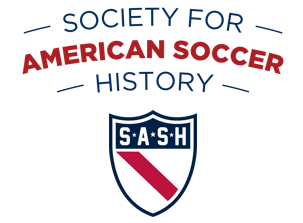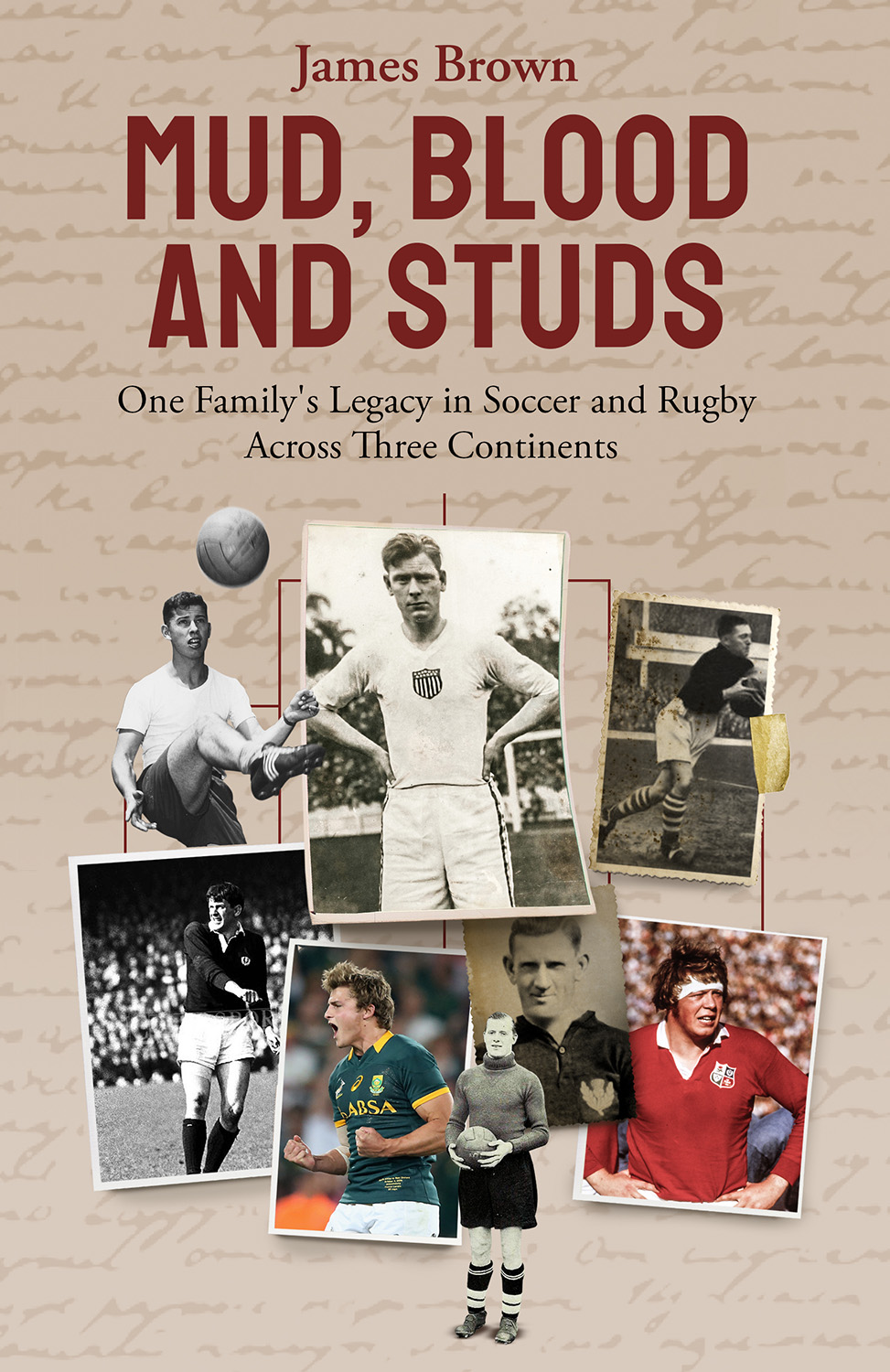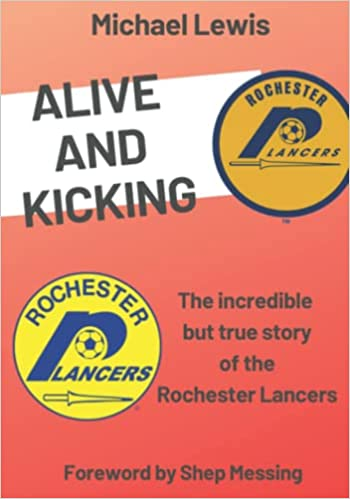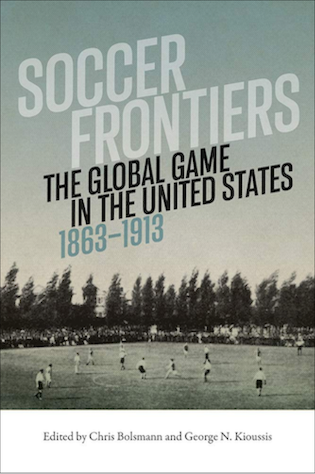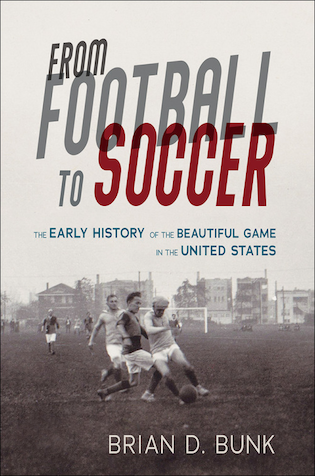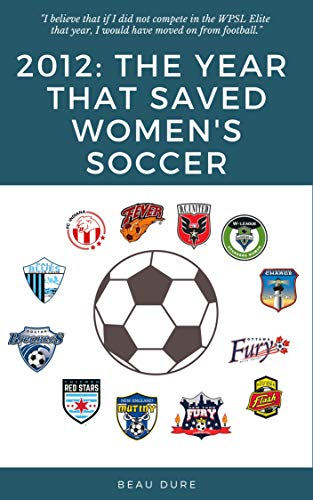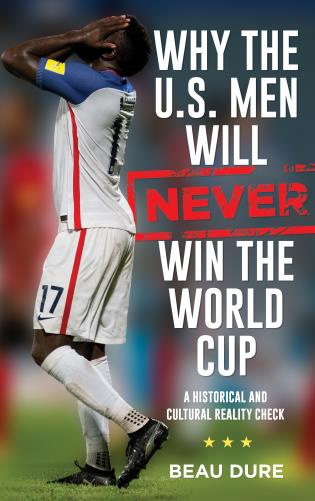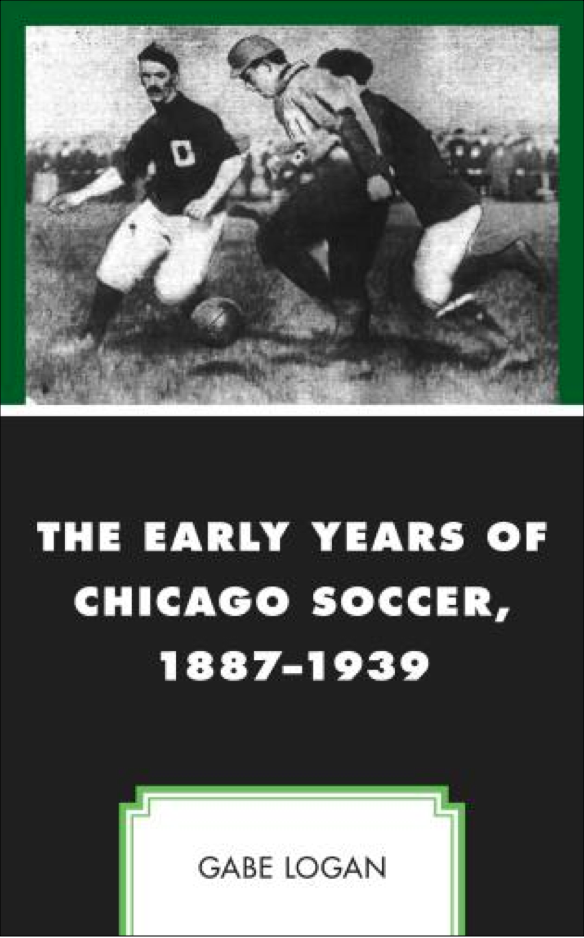One of the most significant players in American soccer history for a variety of landmark reasons. He was a pioneer in the movement of American players to Europe in the 1980s, had a remarkable career in the U.S. national team and was the scorer of one of the most famous American goals of all time.
In 1987, Caligiuri became one of the first American-trained players to play professionally in Europe. He played for Meppen in the West German second division from 1987 to 1989, and then for Hansa Rostock in the 1990-91 season (winning the final East German title), FC Freiburg in 1991-92 and Hamburg St. Pauli in 1995-96.
Caligiuri made his debut for the U.S. national team in 1984 , while he was still playing at UCLA (which he captained to an NCAA title in 1985). His last full international for the United States, in 1997, was his 110th.
In between, Caligiuri played in the qualifying round of the 1986 World Cup, the qualifying round and finals of the 1990 World Cup and the finals of the 1994 World Cup. He was one of only three players to start each of the seven games that the United States played in the 1990 and 1994 World Cups. He also started all five U.S. games in the 1991 CONCACAF Gold Cup, when it won its first international championship, and all six U.S. games in the 1995 Copa America, when it made a surprising run to the semifinals.
Caligiuri, who was a defensive midfielder early in his career and later a defender, scored only five goals in his national-team career. One of those, however, was the goal against Trinidad on Nov. 19, 1989 that boosted the United States into the 1990 World Cup and is sometimes referred to as the greatest turning point in American soccer history. On that play, Caligiuri chipped the ball past one defender and hit a looping, 25-yard shot that took goalkeeper Michael Maurice by surprise and landed in the corner of the net.
Caligiuri played for the Columbus Crew in the inaugural MLS season in 1996. The following year, he won a lawsuit against MLS in which he contended that his contract had guaranteed him that he would be able to play for the Los Angeles Galaxy in his hometown, which he then did for the next three seasons.
Inducted in 2004.
